被爱着还是被'爱'绑架着 ?
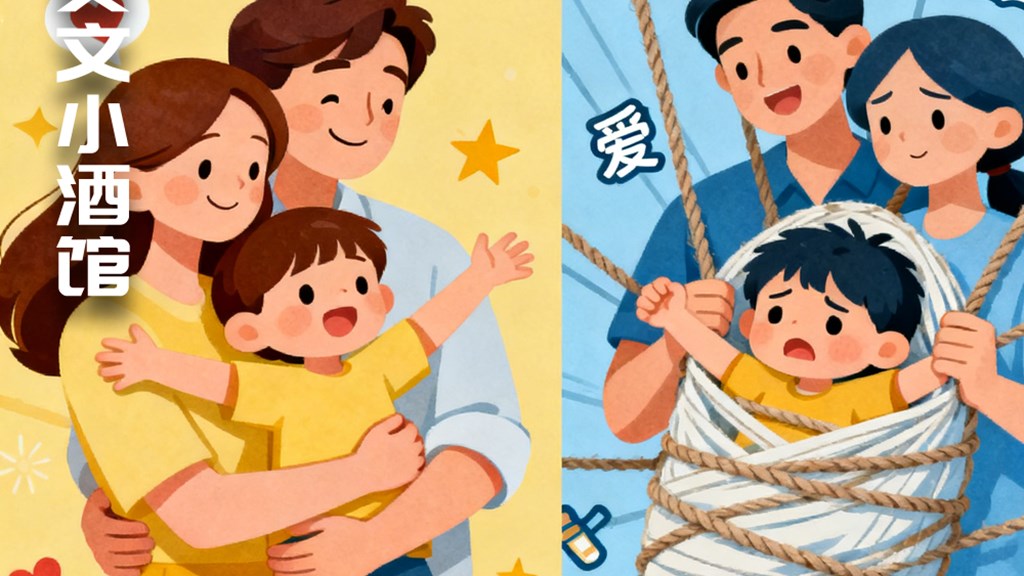

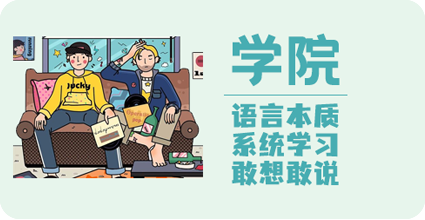
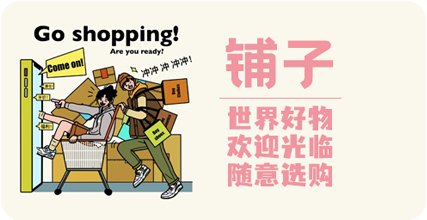

▲点击进入 相应板块
" Different types of parenting"
PART TWO
△
点击播放音频
KEY WORDS
图片均来源于网络 | 侵删
加小助手VX【luluxjg2】领取全文逐字稿
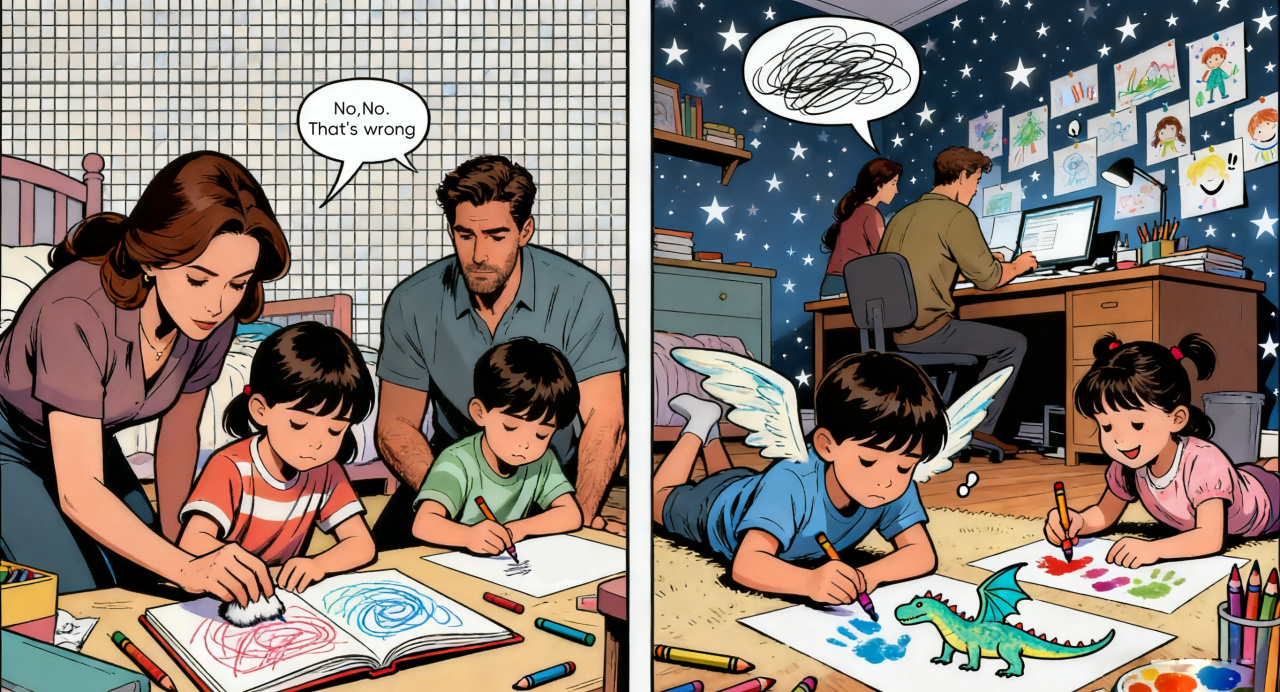

Modern & Cultural Parenting Trends


Helicopter Parenting:
These parents 'hover' over every aspect of their child's life, micromanaging and swooping in to solve any problem.

Free-Range Parenting:
The antithesis of helicopter parenting! This style promotes independence, allowing children to take risks appropriate for their age.
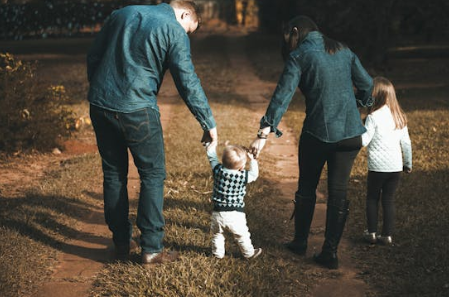

Language & Expressions of Parenthood


"Empty Nest Syndrome":
The feeling of sadness or loss parents may feel when their children leave home.

"Snowplow Parenting":
Even more intense than helicopter parenting—these parents clear every obstacle from their child's path to ensure their success.

"Gentle Parenting":
A very popular modern term. It focuses on empathy, respecting the child as an individual, and guiding over punishing.

节目文稿全记录
#877

Hello again欢迎来到Happy Hour英文小酒馆。关注公众号璐璐的英文小酒馆,加入我们的酒馆社群,邂逅更精彩更广阔的世界
Hi everyone and welcome back to Happy Hour. 欢迎回来酒馆. Hi, 安澜.
Hi, Lulu. Hi, everyone.
Now there are many modern labels and cultural approaches, parenting styles that have entered this whole conversation. For example, Helicopter Parenting.
Yeah, that's a very popular one.
Helicopter parenting is just so vivid, isn't it? You can almost see the helicopter circling around their child.
It’s kind of hovering over every aspect of their child's life. Micro-managing and just generally making a lot of noise.
To be completely honest, I've seen this type of parents once, a friend's wife, I've seen his wife interacting with his child.
Mhm.
This mom was such a helicopter mom. I'm not saying she's not loving, she's very loving. She pays so much attention to this child. She barely has any attention for anyone else, including her husband or the guests.
Yeah.
So the entire time she just focused solely on her child, the child could not even take a breath without the mom making a positive or a negative comment.
Yes. So helicopter parenting could be, for example, emailing a teacher, even when the child is like 15, 16 years old, to talk about their grade. So they're still getting involved in every part of their child's life and even to the point when they are adults as well. But then again there's always the opposite, which is Free-Range Parenting.
I just love this word, because “free range” is usually used to describe like chicken, eggs, beef, 放养, 散养的鸡或者鸡下的蛋叫 free range. Free-range parenting就叫散养式育儿. It's just basically a super relaxed hands off permissive type of parenting.
But I wouldn't say it's completely permissive, because free-range parenting is not allowing the child to do whatever they want, but it's allowing the child to take appropriate risks, or do things independently appropriate to their age.
But it's very controversial, though. For the advocates, free range parenting is letting their child enjoy freedom, autonomy. But for those who are opposing to the idea, think that you're just making excuse for not being involved enough, not being caring enough.
But I would say to a certain extent, my parents were probably a little bit more free-range. For example, from the age of about 10 or 11, I started getting the bus on my own to go to and from school.
It must be a different time.
I'm not that old.
Yeah, but nowadays, do parents still allow their kids to do that? On their own?
A lot of parents do that.
Okay.
So from about the age of about maybe 10 or 11, I would get the bus or I would walk to school, because my parents were confident that I was able to look after myself.
I remember the first time I was about maybe 8 or 9 years old when I could walk on the streets on my own. But between like very clear places. So I couldn't walk too far and I had to go follow a set route, just in case anything happen, obviously don't talk to strangers. But I used to, for example, if my parents needed some milk from the shop. They would tell me can you walk 10 minutes to the supermarket to pick up some milk and then come back?
Yeah, I mean I grew up being a latchkey child, I often needed to go home, my school finished before their work finished.
Yeah, precisely.
So, I had to go home on my own, even when I was in, I think in primary school. But then again it was a different time, and nowadays, I think with all the child abductors, all the crime, all the traffic parents are worried, and I understand. I don't think they're being overly protective, because you do hear all these news, all these cases.
Exactly, we're not saying it's particularly bad or is particularly good. We just sharing our own experiences really.
Okay. And I think as we're closing to the end of our discussion, let's talk about some of the words and expressions very interesting words and expressions we use when it comes to parenting.
So, for example, the “empty nest syndrome”.
Yeah, so that feeling of sadness or loss that parents feel when their children finally leave home.
In Chinese it's exactly the same. We call them 空巢老人. So when a kid leaves home, we call it to “fly the nest”. Honestly, I know a lot of older couples they complain about being the empty nesters, but guess what, there are also equal number of elderly couples complaining about their kids, their adult kids never flying the nest.
Or the boomerang kid.
The boomerang kid is the one that flies out and flies back in again, because they cannot afford the rent.
Yeah. In case you think helicopter parents are bad enough, you have snowplow parents.
Oh! I've heard of that. This is a very very new term叫铲雪车父母. They are the ones that are so intense. They're more intense than helicopter parents.
Helicopter parents only like circling or hovering around, above their kids, but snowplow parents, they are the ones who are going to clear every obstacle from their child's path to ensure their success. 颇有一种人挡杀人佛挡杀佛, 谁都别想挡我孩子的路.
It doesn’t matter what is in their path. They're gonna clear it.
I've heard extreme cases when a mom would report on her kid’s classmates to the school they're applying to, saying that “she's not as good as my kid, she did this, she did that...” to ensure their kids get ahead.
That is snowplow parenting, in a nutshell.
That is dangerous.
Yeah, it is. But then, you also have gentle parenting.
温和性育儿. That's a very controversial topic, gentle parent. It sounds innocent enough. But this popular modern term, some people think it focuses too much on empathy, on respecting the child, to the point that you let the kid walk all over you.
Exactly.
So, it's treating the child as an individual, as being empathetic, but it can be seen as you're treating the child as an adult. When a child is still developing, they still need guidance, and they still need very set boundaries.
This I totally agree. I really totally agree. I don't think parents can truly be equal with their kids, because you have years of experience over your child. You cannot just expect your child come to the same conclusion, to make the same informed decisions, as you would do as an adult. There's a reason why they're called children.
Well, yeah. I would say there is a bit of culture behind that as well. So, for example, I agree with you, up until the child is 18, then there is a certain degree of equality.
There's total equality after that.
There's always gonna be the fact that they are your parents, you need to respect them, but also your parents will respect you as an adult.
Yeah, but after you turn 18, there's no such thing as parenting anymore. Because they don't have to really “parent” you.
There's no such thing as “PARENTING”. But they're still your parents.
They are your parents through your life, through their life, but they don't have to parent you anymore because you're a fully functioning adult, fully responsible for your behavior.
But having said that, I think it's very important to realise the cultural differences and the cultural relativity, when we talk about parenting. I mean it's very easy to judge, to say “Oh, parents in certain so and so country, they're so permissive.”
Yes, or “They're so authoritarian.” But we're not gonna go into, which country is which, because you probably all know. But the main thing I would say is, all of these styles are to basically come up with the same goal, which is to guide, educate, support a child to being a successful adult.
All of these styles, it doesn't matter which country you're from, it doesn't really matter your background, the point remains the same, is you want to create, if you want a better word, you want to create a successful and functioning adult.
Yeah. To be honest, I guess we can't really speak, because neither of us is a parent. But I think we have been parented before and we've seen loads of cases, and we are teachers.
So in a way we also guide kids or guide people, through the learning journey, it’s very important to just ask what are my core values, and what are the core values I want my kids to have, and also what kind of relationship do I want with my kid when my kid grows up.
Precisely.
Alright. And on that note, we're going to wrap up, share with us in the comment section, what kind of parent are you, or also what kind of parents you grew up with?
Until next time.
We'll see you next time!
Bye!
Bye!
排版长图:Jer.ry
文稿校对:徐一鸣 & Jenny
图片来源:均来源于网络 | 侵删

星标 “璐璐的英文小酒馆”
听见更精彩的故事,遇见更广阔的世界






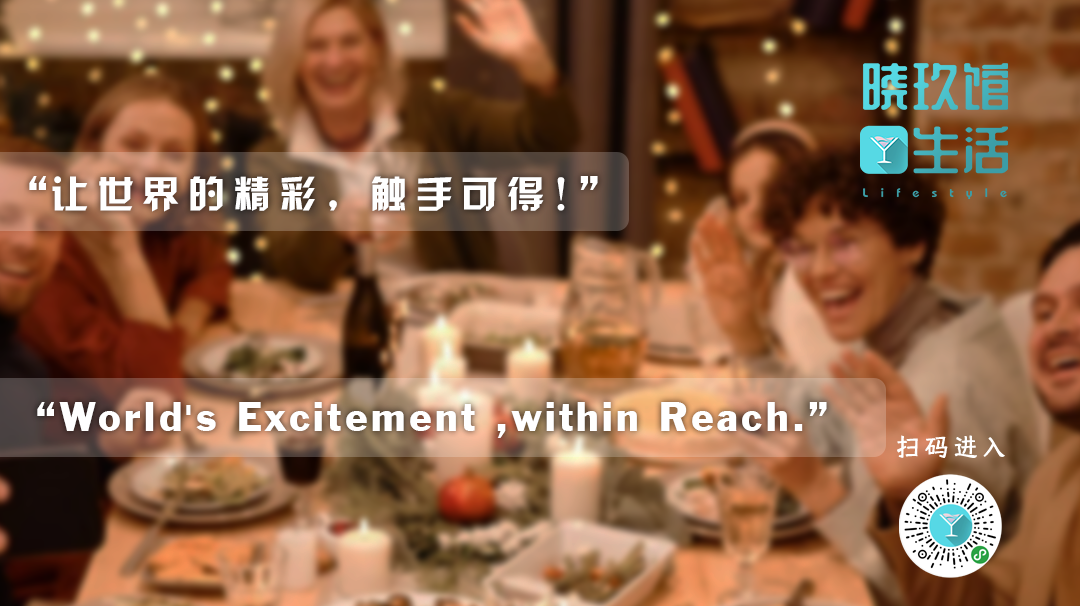
▲点击以上图片,Get世界精选好物













